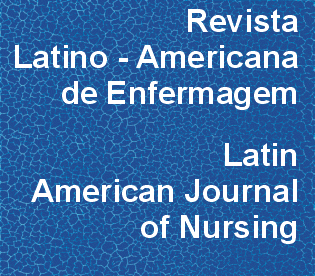Cell-free fetal DNA in maternal plasma and noninvasive prenatal diagnosis
DOI:
https://doi.org/10.1590/S0104-11692006000600020Keywords:
prenatal diagnosis, DNA, blood, stem cells, blood group incompatibility, sex, eclampsia, epigenesis^i1^sgene, ethicsAbstract
The noninvasive nature of the detection of fetal DNA in the maternal circulation represents the greatest advantage over the conventional methods of prenatal diagnosis. The applications of this methodology involve the detection of the fetal sex, and diagnosis, intra-uterine treatment, and evaluation of the prognosis of many diseases. Fetal cells detected in the maternal circulation have also been shown to be implicated in autoimmune diseases and to represent a potential source of stem cells. On the other hand, with the introduction of a technology that detects the fetal sex as early as at 6-8 weeks of gestation, there is the possibility of early abortion based on sex selection for social purposes. This implies an ethical discussion about the question. The introduction of new noninvasive techniques of prenatal diagnosis and the knowledge of the Nursing Team regarding new methodologies can be of great benefit to the mother and her children, and can help the Genetic Counseling of the families.Downloads
Download data is not yet available.
Downloads
Published
2006-12-01
Issue
Section
Review Articles
License
RLAE’s authorship concept is based on the substantial contribution by each of the individuals listed as authors, mainly in terms of conceiving and planning the research project, collecting or analyzing and interpreting data, writing and critical review. Indication of authors’ names under the article title is limited to six. If more, authors are listed on the online submission form under Acknowledgements. The possibility of including more than six authors will only be examined on multicenter studies, considering the explanations presented by the authors.Including names of authors whose contribution does not fit into the above criteria cannot be justified. Those names can be included in the Acknowledgements section.
Authors are fully responsible for the concepts disseminated in their manuscripts, which do not necessarily reflect the editors’ and editorial board’s opinion.
How to Cite
Ramos, E. S. (2006). Cell-free fetal DNA in maternal plasma and noninvasive prenatal diagnosis. Revista Latino-Americana De Enfermagem, 14(6), 964-967. https://doi.org/10.1590/S0104-11692006000600020



